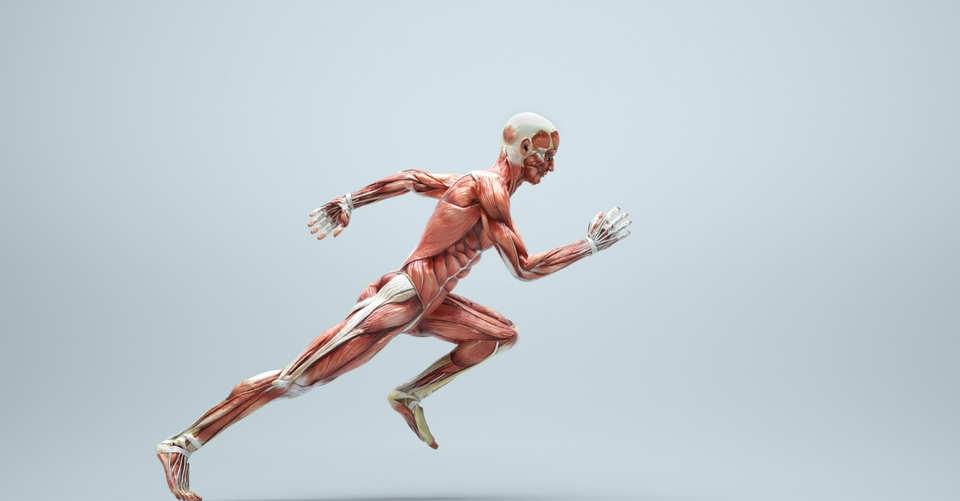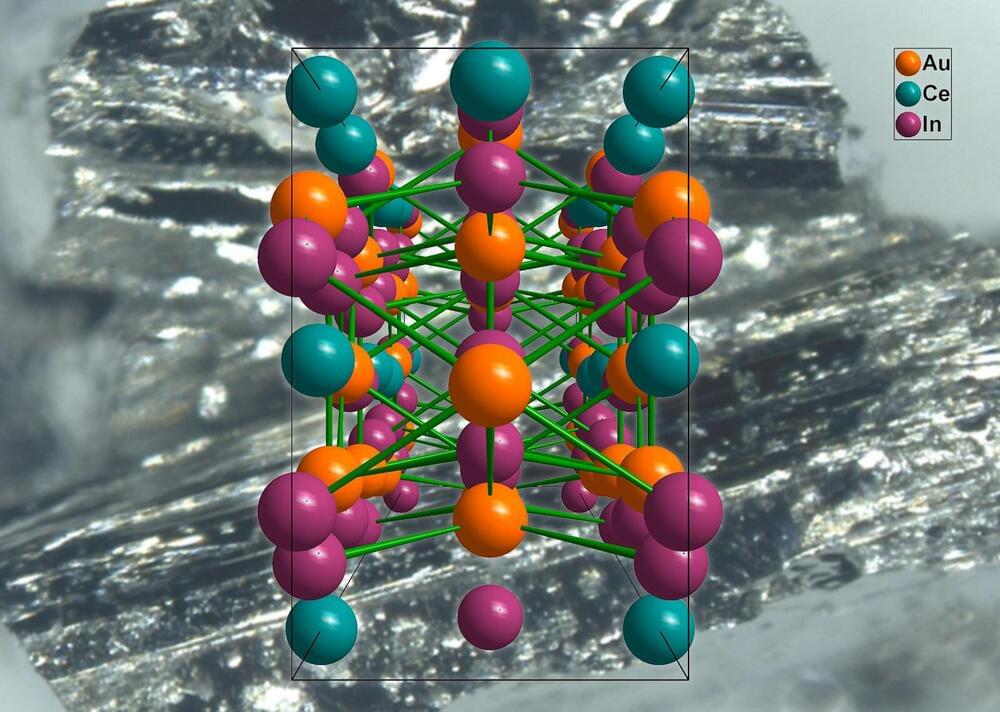A solar flare erupted from a departing sunspot on September 16, releasing a pulse of X-rays and extreme UV radiation which caused a shortwave radio blackout in Africa and the Middle East. Frequencies below 25 MHz were affected for up to an hour after the flare.
Solar flare strength is measured much like the Richter scale which measures earthquakes. Solar flares are classed A, B, C, M or X where each successive letter corresponds to a 10-fold increase in energy output. A-class solar flares are barely above background radiation emission from the sun.
Spaceweather.com reports that the September 16 solar flare, exploding out of sunspot AR3098, was an M8-class, meaning it was nearly an X-flare, the most powerful kind.





